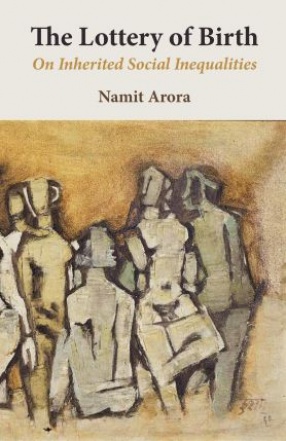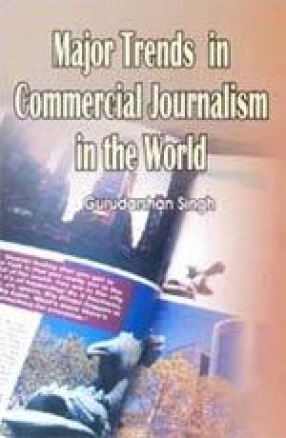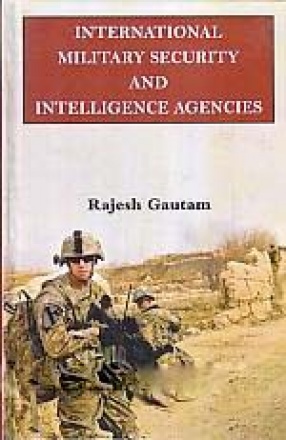An egalitarian ethos has not been a prominent feature of Indian civilization, at least since the decline of Buddhism over a thousand years ago. All people, it is believed, are created unequal, born into a hierarchy of status and dignity, and endowed not with universal but particular rights and duties. This has greatly amplified the unfairness of accidents of birth in shaping one’s lot in life. Despite a long history of resistance, such inequalities have thrived and mutated, including under European rule, modernity, and markets.
Starting with the deeply moving stories of three writers, Arora explores the origins, persistence, and textures of inequalities rooted in the lottery of birth in India—of caste, class, gender, language, region, religion, and more—and their intersections in daily life. Blending scholarly rigor with moral intelligence, these essays engage with the Bhagavad Gita; the legacies of Ambedkar and Gandhi; Indian modernity, democracy, and nationalism; linguistic hierarchies; reservations; violence against women; identity politics; and much else that today weighs on Indian minds.





There are no reviews yet.